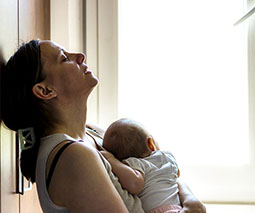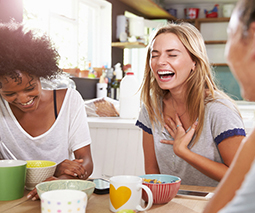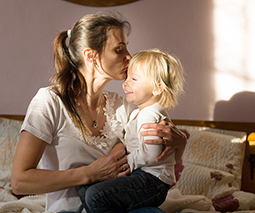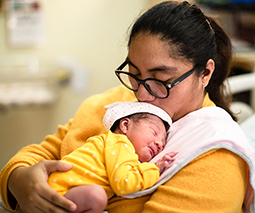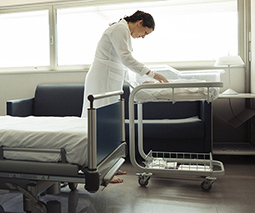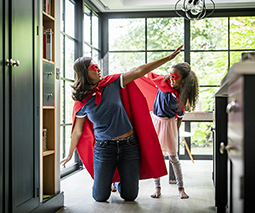Can PMS get worse with age? The hormonal rollercoaster explained
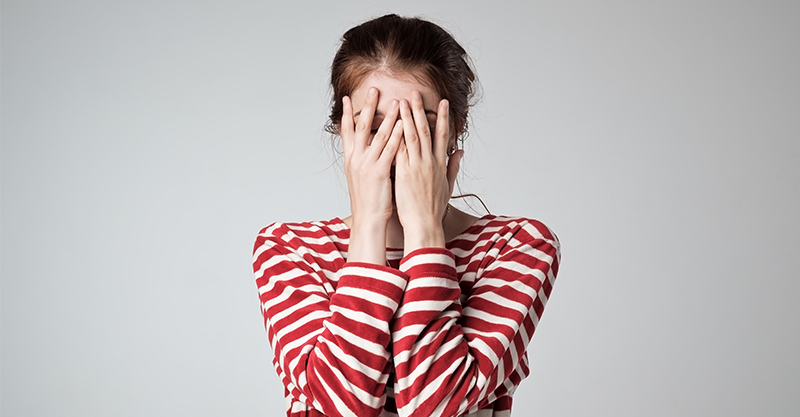
Close to the half of the female population will experience PMS, but that doesn’t make it any easier. Lucy Kippist delves into some tried and tested methods for fighting PMS.
PMS is a different experience for every woman.
One woman’s occasional headache or increased fatigue could be another’s insomnia, diarrhoea, cravings or increased anxiety.
As Dr Sneha Wadhwani told Feed Play Love, around 40 percent of the female population is affected.
“Largely the causes are hormonal factors. Just like in the postnatal period, where the shift in hormones can affect our wellbeing, it can affect us in the same way, leading up to our period.
“But current research also suggests a drop in serotonin levels, or magnesium and calcium deficiencies may account for the symptoms. And may also explain why as part of our PMS, we may need to eat carbs and chocolate, as they’re foods rich in both calcium and magnesium,” says Sneha.
Listen to Sneha on Feed Play Love:
Can PMS get worse with age?
It’s not unusual for women to develop PMS later in life, and particularly after having children. As Sneha explains, this is because as we develop through our reproductive life, our sensitivity to hormones shifts and our cycle changes.
“When we are younger and going through the puberty cycle, our hormones are flying everywhere and that’s when we get grumpy teenagers! We tend to plateau out in our 20’s and 30’s and that’s why we often feel quite good. At this stage of life, stuff is happening in the right way which probably also impacts how we cope with our PMS symptoms,” says Sneha.
“Then, of course, we have children and so much changes and shifts with that. Plus, our levels of self-care are at the lowest and this will affect how we deal with our symptoms. Heading into the perimenopausal stage, we are dealing with different life stresses and of course, the natural change in our lives as we get older.”
Read more stories about hormones
- Everything you need to know about hormones in pregnancy
- Everything you need to know about polycystic ovary syndrome
- AMH: Can this hormone really predict your fertility?
Tried and true methods for fighting PMS
Exercise gets a big thumbs up.
“It helps you rinse out anger and frustration in sources other than our husbands,” laughs Sneha.
“And if you’re hungry and looking for complex carbohydrates and sugar, try and choose wholegrain foods so you still get that elemental response in mood, without the sugar peak.”
But Sneha advises caution with supplements.
“Evening primrose oil is only really useful for breast tenderness and that’s about it! Plus, you really have to take a lot of it to have this impact, so it’s not really of use hormonally.”
But if you’re keen on supplements you could try agnus-castus. This is a herbal supplement, so it doesn’t work overnight but, retrospectively people notice a lowered irritability after they use it.”
While it’s pretty clear we can’t avoid our monthly visitor, at least understanding some of the reasons for our reactions and responses can help us tackle the week ahead.
And if all else fails, there’s always chocolate …
This post was originally published on Kinderling Kids Radio. Download the Kinderling app for more great stories.

